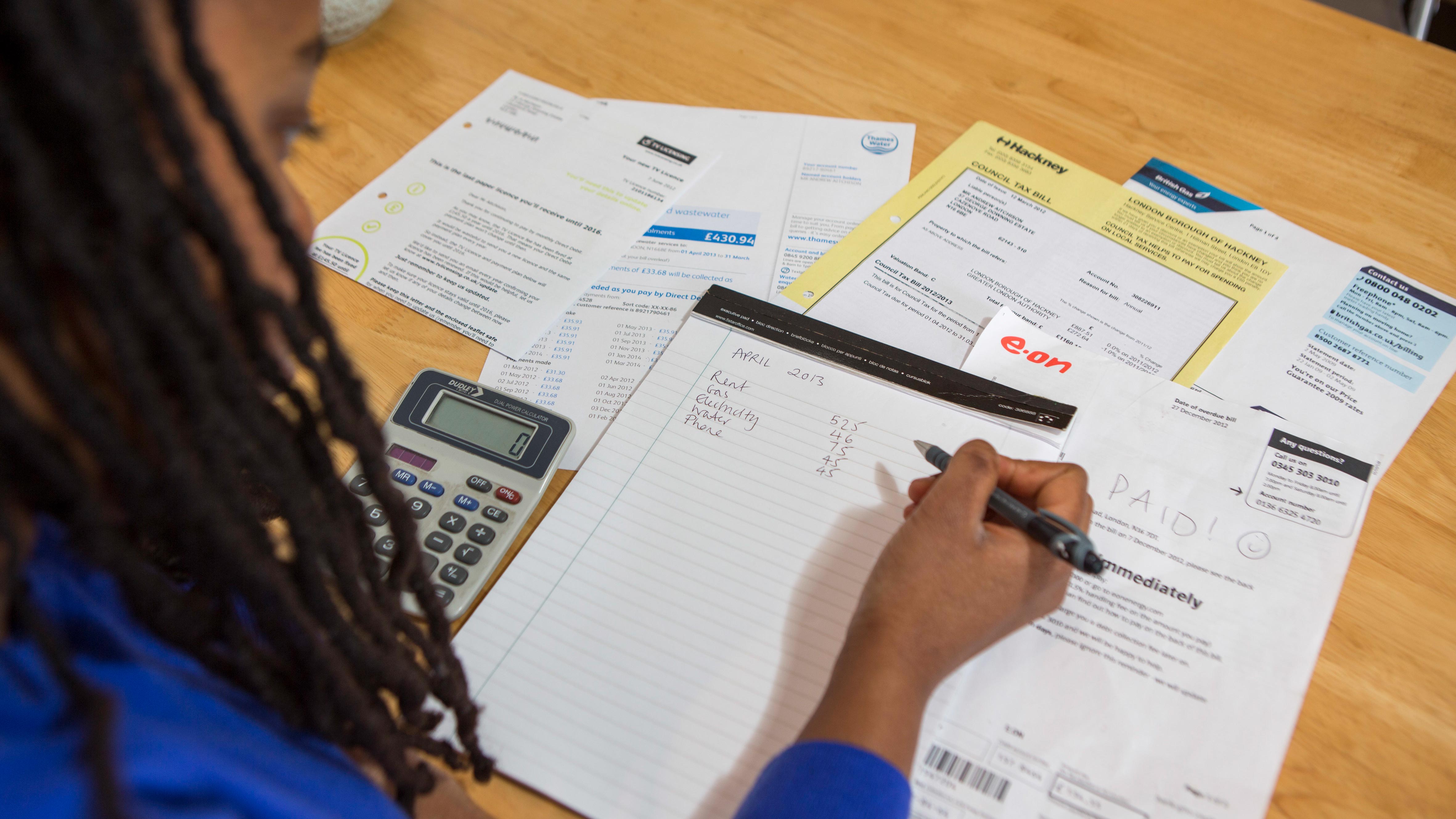£120 could be added to our annual energy bills as more energy firms collapse
A new report estimates that millions of UK households will have to help cover the costs of suppliers going bust

Last week another of the UK’s energy suppliers went bust, with Zog Energy folding and bringing the total number of collapsed firms during the current energy crisis to 25.
Unfortunately, this crisis still shows no sign of letting up and it’s likely that more suppliers will follow suit over the winter months. However, according to a new report from wealth management group Investec, this could lead to an additional £120 a year being added to our energy bills, as households are made to subsidise the costs of the failed firms.
This would be on top of the increased energy bills we have already seen, following Ofgem’s latest price cap which saw average prices go from an average of £1,138 a year to £1,277. Plus, as it currently isn’t advised to run an energy comparison to switch – as not even the best energy deals from the UK’s best energy suppliers can better the price cap – this extra £120 could sadly push thousands into fuel poverty.
What would the £120 pay for?
Investec claims its estimates for the full cost of the crisis – which have provided the £120 figure – are only tentative, with the eventual total amount potentially being as high as £3.2bn.
The extra costs would be for managing the movement of affected customers onto new suppliers, the additional gas and electricity that's needed and also to clear any unpaid costs left on accounts with providers that have ceased trading. Investec also factored in all the customers who have already been moved from failed suppliers and the £1.7bn that the Treasury has put forward for Bulb’s special administration.
In the report, Investec stated: "The meltdown in the supply market is likely to see substantial additional costs land on every GB household, hardly welcome when fuel poverty is an issue, inflation is an issue, and commodity costs look set to push energy bills up."
In addition, an Investec Analyst, Martin Young, criticised the circumstances households are facing: "We asked Ofgem whether it is right that consumers ultimately bear this price and whether the system as structured created moral hazard."
Sign up for breaking news, reviews, opinion, top tech deals, and more.
This ‘could not come at a worse time’
With all this, the End Fuel Poverty Coalition has also voiced its concerns about the knock-on effects for UK homes.
They claim that with the recent price rises and Investec’s new estimated cost, it could mean an 18.6% overall increase in our energy bills. More worryingly though is that this could send ‘another 742,364 additional homes into fuel poverty’.
Simon Francis, the coordinator of the End Fuel Poverty Coalition, offered his comments, stressing the dire circumstances many may face and called for more to be done to help protect consumers:
"This additional financial bombshell could not come at a worse time for households across the country. Yet another drain on household finances caused by energy markets is unacceptable.
"The current system is broken and while long-term reforms are desperately needed, the government also needs to provide far more immediate support for people facing fuel poverty this winter."
Additional guidance for cutting energy bills
As mentioned above, switching to a better deal is currently not an option and unfortunately there isn’t a great deal we can do at the moment to resolve the crisis.
However, you may wish to explore the following options that can help ease the financial burdens and work to reduce your consumption and your energy bills:
- Applying for the Warm Home Discount scheme
- Seeing if you’re eligible for the Winter Fuel Payment
- Reducing your energy use with these tips
- Switching your appliances off and not leaving them on standby mode
- Using your heating only when you need it
- Contacting your supplier to see if you can arrange a new payment plan
You can also find more information about fuel poverty and how it affects people on the End Fuel Poverty Coalition’s website here.

Rich is a freelance copywriter and content strategist with over 10 years' experience. His career has seen him work in-house and in various agencies, producing online and offline content marketing campaigns and copywriting for clients in the energy industry.